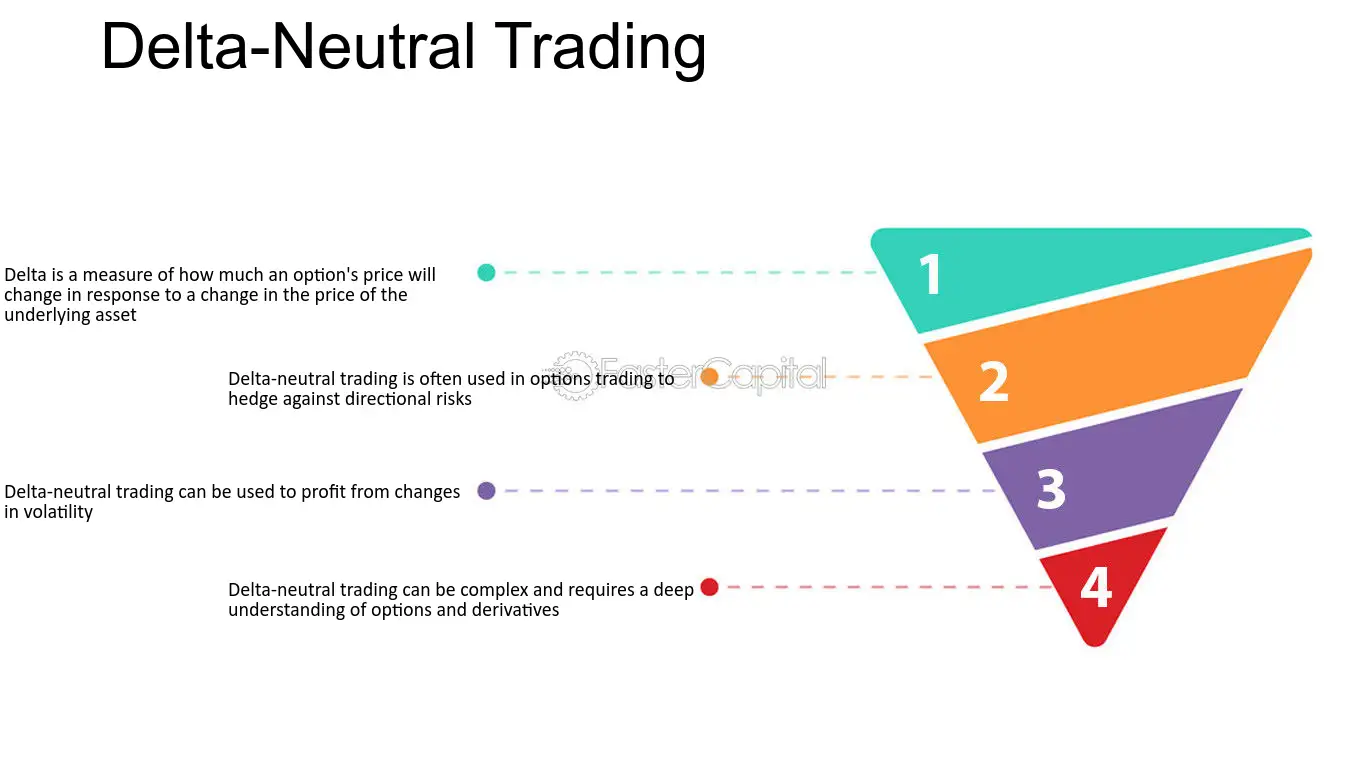What Is a Reserve Currency U.S. Dollar’s Role and History
Definition and Importance A reserve currency is a currency that is held in significant quantities by governments and institutions as part of their foreign exchange reserves. It is used for international transactions, investments, and as a store of value. The importance of a reserve currency lies in its ability to … …























